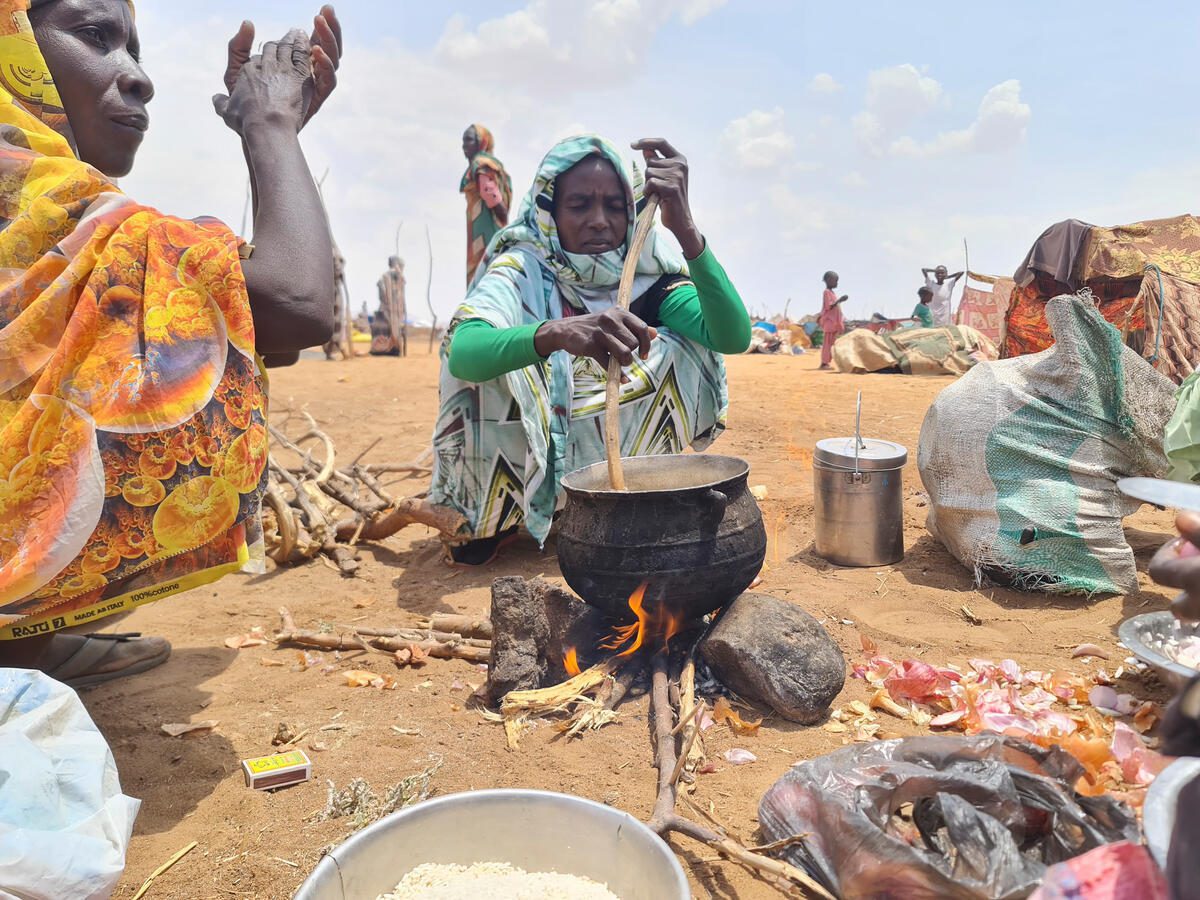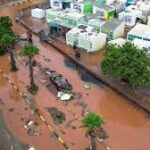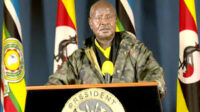The besieged Sudanese city of El-Fasher is enduring one of its darkest chapters, as starvation, disease, and relentless conflict push residents to the brink of survival. Women at the Matbakh-al-Khair communal kitchen speak in desperate tones, describing how their children are “dying before our eyes” with no end to their suffering in sight. Despite being innocent civilians, they have been caught in the middle of a brutal war between the Sudanese army and the Rapid Support Forces (RSF), a conflict that has ravaged the region for more than two years.
Food has become so scarce that prices have skyrocketed beyond the reach of ordinary families. Money that once bought a week’s worth of meals now covers just one day. The shortage has forced residents to eat ambaz the residue of peanuts after oil extraction, normally reserved for animal feed. Flour and bread are rarely found in markets, and international aid organisations have condemned what they describe as the “calculated use of starvation as a weapon of war.”
As hunger deepens, the city is also grappling with Sudan’s worst cholera outbreak in years. According to Doctors Without Borders (MSF), nearly 100,000 cases and 2,470 deaths have been recorded in the past year, with El-Fasher now at the epicentre. In overcrowded camps for displaced people, poor sanitation and a lack of clean water are accelerating the spread of the disease. Aid workers estimate that camp residents have access to only three litres of water per day far below the basic requirement forcing many to drink from contaminated sources.
The blockade around El-Fasher has been in place for 14 months, tightened by the RSF after losing control of Khartoum. While parts of Sudan have seen some relief where the army has regained territory, conflict zones in the west and south remain isolated from aid. The UN has called for an urgent humanitarian pause to allow food convoys into the city, but while the army has approved movement, the RSF has yet to grant full clearance, claiming the truce might be used to resupply the army.
Inside the city, hospitals are overwhelmed, damaged by shelling, and critically short of medicines. Paediatrician Dr Ibrahim Abdullah Khater at Al Saudi Hospital says severely malnourished children are “just waiting for their death” due to the lack of therapeutic food. The doctor describes the situation as “so miserable, so catastrophic,” accusing the international community of watching as children die daily from hunger and disease.
In recent months, hundreds of thousands have fled El-Fasher, including many from the Zamzam displaced persons camp, seized by the RSF in April. Those who escape to Tawila, about 60km away, often arrive weak, dehydrated, and traumatised, sharing stories of violence, extortion, and exploitation on the journey. While aid organisations have some access to Tawila, supplies remain limited, leaving the most vulnerable especially pregnant women, children, and the elderly exposed to hunger, cholera, and other preventable illnesses.
The plight of El-Fasher is a grim reminder of the devastating human cost of prolonged conflict. With no safe passage out, blocked roads, and constant bombardment, residents are left with a single plea to the world: lift the siege and send help, by any means necessary, even if it must be airdropped into the starving city. Until then, El-Fasher remains trapped in a deadly cycle of war, hunger, and disease, as the humanitarian catastrophe worsens by the day.














Leave a comment